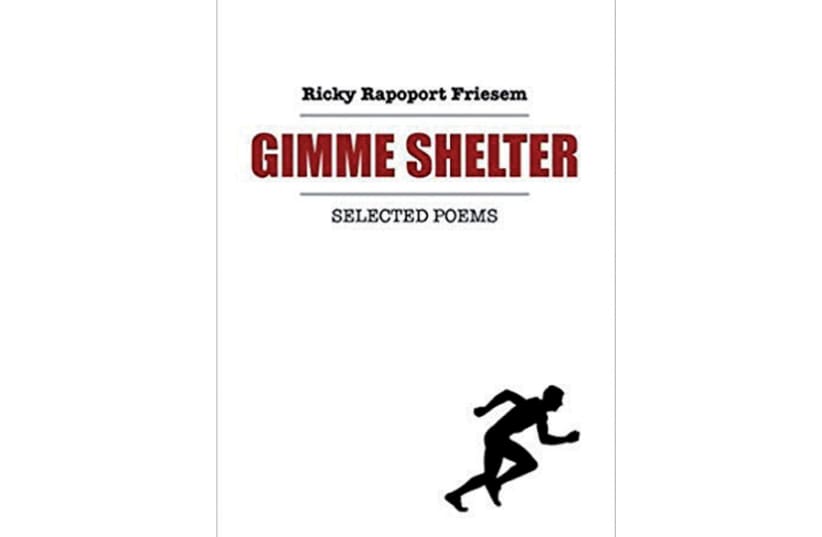Gimme Shelter
I don`t need trees, they`ll topple and
crush me
I don`t need tall buildings, they crumble
and kill me
I don`t need cafes wrapped in windows
that shatter
I don`t need wide spaces with nowhere
to hide
Just gimme some shelter, a ditch or a
doorway
A niche in the wall any hole in the
ground
Just gimme some shelter, just let me
survive this
And come out to find that my world is
still there.
I am reminded of the Gulf War when we were threatened not just by missiles but by chemical attack. Our fear was being caught far from a sealed room when we heard the sirens. As my work involved some urgent home and hospital visits, I kept a large plastic cape in the car ready to wrap myself in it if I was caught in the open. I also planned my routes so that I could stop suddenly and dive into a nearby building for shelter.
One way of getting to know neighbors is in the communal shelter. It is true that modern buildings now have their own security rooms, but many still have damp and musty smelling basements shelters; and it is doubtful whether elderly and disabled residents can reach them when the time span between the sirens and the boom is so short.
In her poem “Brief Encounters,” Ricky describes this perfectly.
In the intimacy of the crowded shelter
I try to avert my gaze from the comic pajamas
Of a neighbour whom I know only by his lofty title
And leather briefcase
From the tattered housecoat of the woman next door
Who is always smartly dressed
From the towel-wrapped blonde who hugs
The shadowed corner of the crowded space
Where no one is likely to ask questions
Where we wait
Suppressing panic, anticipating
The boom, waiting for the all-clear
And when it comes
Trooping upstairs to go our separate
ways
Without a mention of the destiny we’ve
briefly shared.
Fear for our loved ones is expressed so well in her poem about that first reaction when the sirens howl: calling a phone that doesn’t get picked up, then searching for clues of their whereabouts.
While we are all amused at the hoarding instincts of Israelis when war is imminent, we can relate to her poems about stocking up on basic supplies, and wearing shoes for running and clothes with large pockets for phones and cash, making large supplies of soups and stews while at the same time inviting good friends for wine and scotch. If not now, then when?
She also recommends not stinting on love:
Have you ever considered the fact
That war can be an aphrodisiac?
This poet, while retaining a sense of reality and humor when coping with the stresses of a country at war, is nevertheless despairing as year after year the Memorial for the Fallen adds more names. She laments the platitudes of words, political exploitation, and clichés that are meant to comfort but cannot.
In “Independence Day Blues,” she shares the nostalgia of the ideology that brought so many of us to Israel – influenced by youth movements, dancing the hora, learning Hebrew songs, the campfire, and workers’ protest songs.
And so embraced by the camaraderie
High on the music, we were swept
To a distant new home, to a reborn state
Describing high school graduation – those ceremonies we know so well with their endless speeches – she is aware that there is a collective prayer that these young people will emerge unscathed from the army and have control of their lives.
But when I look up at the stars, the very same stars that looked
down on Abraham, I am reminded of just how perilous are the
promises made in this promised land.
Reading this moving collection of poems that reflect fear and despair, yearning and longing for a better world and the ultimate optimism, pride of our country and survival, joy from the rituals and festivals and hope for the next generation, the poet has expressed so much that is experienced by the people of the land, whether they be new immigrants from affluent countries where they lived in peace and large homes, or from countries where they were abused and persecuted.■
